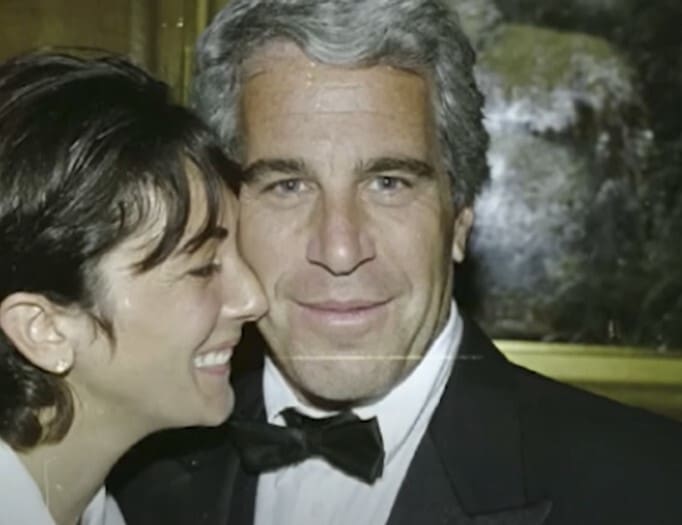Jeffrey Epstein’s infamous ‘black book,’ known for containing the contact information of 221 high-profile individuals, is set to be sold in a blind auction. This book, found under mysterious circumstances on Fifth Avenue in the 1990s, encompasses a range of names from various elite circles including celebrities, politicians, and academics. Epstein, a financier who was arrested in 2005 on charges involving a minor and faced renewed legal troubles in 2019, remained a controversial figure up until his death by suicide in August 2019.
The auction, managed by Alexander Historical Auctions, is anticipated to draw significant attention and potentially high bids, estimated between $100,000 to $200,000, possibly reaching up to $1 million. The auction house owner, Bill Panagopulos, speculates that the high price might be driven by the desire of some to suppress the information contained within the book. The auction is set to take place on May 15, with sealed bids being accepted. A forensic document examiner has verified the authenticity of the book, noting that it includes comprehensive details about Epstein’s properties and associates from the mid-1990s.
The release and sale of this black book have reignited public and media interest in Epstein’s connections and past activities, considering his known associations and the subsequent legal consequences faced by figures such as Ghislaine Maxwell, Epstein’s former girlfriend who was convicted in 2021 for her role in facilitating Epstein’s abuses.
This event raises several poignant questions: What impact might the revelation of new names in Epstein’s black book have on the individuals listed and their public careers? How does the sale of such a controversial item reflect on the ethical considerations of auction houses? Lastly, what does this ongoing public fascination with Epstein’s crimes and connections reveal about societal attitudes towards wealth, power, and criminality?




